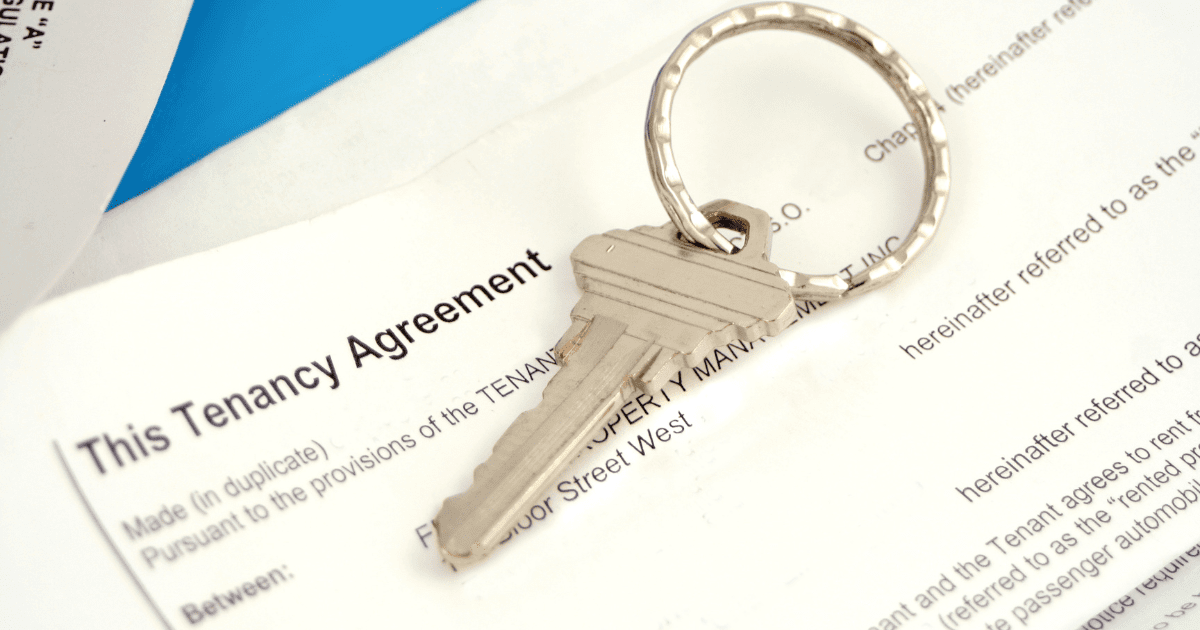In recent years, Canadians have been some of the biggest buyers of property south of the border, purchasing nearly $9.5 billion worth of U.S. real estate in the last year alone, according to a recent report by the National Association of Realtors. As we head into the start of a particularly unusual snowbird season under COVID-19 however, a significant number of Canadians are now in a “wait and see” situation as to whether they will want to or be able to travel south to enjoy their U.S. property under the sun this winter.
Understandably, with the Canadian/U.S. border closed and this uncertainty still on the horizon, the prospect of only seeing the costs related to their property without the benefits of enjoying it has made many Canadians rethink how they want to use their U.S. vacation property. Is this a good time to sell the property? Or perhaps rent it? Are there other options for putting that property to work?
For Canadians facing these circumstances, here are a few considerations as to what option might work best for you:
Selling your U.S. property
It might be tempting to sell your U.S. property – after all, you’re not using it at the moment and you may be able to move the proceeds back to Canada with the exchange rate in your favour. However, will you regret it next winter if you no longer own it? Aside from the lifestyle considerations, think about the cost of selling it as well. In addition to what you might need to spend to get it market-ready, you’ll contend with:
- Closing costs and other related expenses
- Potential capital gains taxes on the profit
- Seller’s agent fees, which can be five to six per cent of the sale price
Renting your U.S. property
Renting out your vacation home while you’re not using it could help offset the costs of owning it. By renting out your home on a short- or long-term basis, you may be able to:
- Pay down your U.S. mortgage faster
- Cover taxes, insurance, fees and more
- Enjoy an income stream in U.S. dollars – a particularly nice benefit while the U.S. dollar is so strong against the loonie so you can limit the amount of Canadian dollars you need to convert to pay U.S. expenses
The challenge of renting your property, especially if you can’t be there to manage it yourself, is finding the right property management support while ensuring the financial benefits aren’t offset by the expenses. Additionally, you may have certain tax consequences of earning rental income, which should be discussed with a cross-border tax expert.
Tapping your U.S. home equity
With the pandemic and underlying health and border uncertainty, 2020 and 2021 may actually be the perfect storm for Canadians owning U.S. real estate to consider unlocking their equity as a cost-effective cross border financial strategy. With the increase in home values over the last several years, the weakness of the Canadian dollar and the current low interest rates in the U.S., it is a timely option.
You’re no doubt familiar with the sting of foreign exchange as the Canadian dollar remains significantly below parity compared to USD – currently it’s around 75 cents to the U.S. dollar. If your U.S. home has increased in value – or if you bought it with cash, you may now be able to borrow up to 80 per cent of your home’s value to take advantage of your home’s appreciation and the strong U.S. dollar.
You may be able to pay off your current mortgage with a new loan – or get a home equity line of credit (HELOC) – and take cash out of your U.S. home to make improvements, pay off debt in Canada or cover U.S. expenses without concern for foreign exchange rates.
In addition to the currency exchange considerations, consider the cost of borrowing. Mortgage rates in the U.S. are currently at a historic low, making a home refinance or HELOC relatively low cost. And because most U.S. mortgages don’t have prepayment penalties, you can pay down or pay off your home loan at any time – an especially attractive option when the currency exchange rates are more favourable.
To make the process even easier, look for banks that can use your Canadian credit history to qualify you for a mortgage or HELOC or for programs, such as RBC’s U.S. HomePlus Advantage, which offer full-service homeownership support from advice, tools, perks and access to experts to guide you through refinancing a U.S. home.
Though the COVID-19 pandemic may be interrupting your travel plans this year, it ultimately doesn’t have to disrupt your finances. By considering the different financial options available and choosing the one that works best for you and your specific circumstances, you can help set yourself up for the (hopefully) sunnier days ahead.
Alain Forget is head of sales and business development for RBC Bank. He is a Canadian expat residing in Florida who also has his real estate license in the state of Florida.















